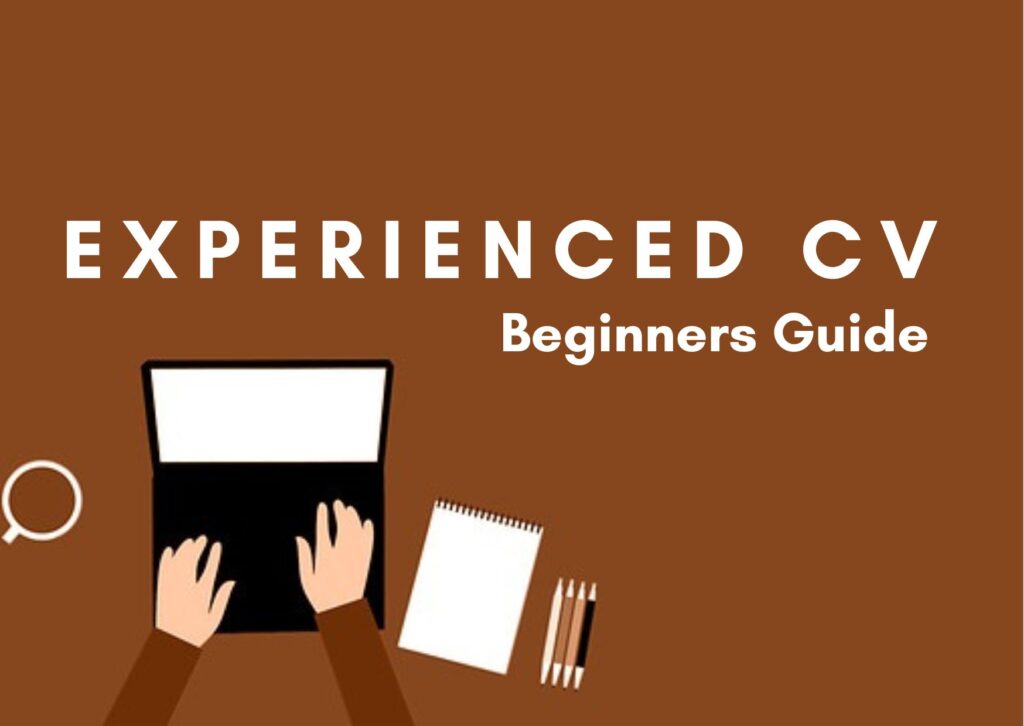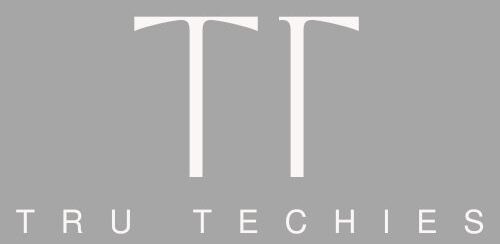
This post should help to whoever didn’t come across the experience of resignation and mainly focus on initiating the resignation
Page Contents

This post can greatly help you with a good number of factors that can certainly help you to build the resume for experienced professionals. Though, we have another post exclusively for freshers too.
Firstly, there are no rules in the corporate world to build a resume in a specific format. You can build in any way you like but the resume that looks simple and professional usually grabs the attention of recruiters.
There are mainly two factors that recruiters look in resume for experienced professionals.
There are many other factors too which we will cover going forward.
Being a recruiter myself, I have come across a good number of resume for experienced people which contains 4-5 pages. I reckon that the resume should be simple and you should only mention about your skill-sets and total years of experience. I recommend to keep the number of pages of your resume to either two or three.
A majority of companies never spend time reading the resume. Rather, a majority of recruiters gives a slight glance and in that situation, first page of your resume plays a significant role. You should always include vital information about your core skills, education, total years of experience, and a work summary.
Though there are no specific font size recommendations but it would be in your best interest to keep the font size to 11 or 12 in a word document. Similarly, the font style can be of any type. Most common styles are Arial, Times New Roman and Calibri.
I use “Calibri” with font size 12 for my resume that looks pretty good with 100% zoom in a typical MS word document. See below how it looks.
I have come across of a number of resumes which are 4-5 pages longer while I was recruiting. I feel the resume should be simple and mention only the highlights of your skills and total years of experience. I recommend always restrict the number of pages of your resume to either two or three for an experienced professional.
Most companies don’t spend time reading the resume. They can only have a glance and the first page always play a significant role. Make the first page explaining about your core skills, education, total years of experience, and professional work summary in a simpler way.
You should always mention email and mobile number at the topmost centre, left or right corner along with resume title as your name as it is shown below. Additionally, you can also mention the skill title if you like to. For instance, Sr. Java Developer, Sr. Telecom Consultant, etc.
Also, mention the city you are currently in. It should be the location of the current company. So that, recruiters can easily identify your current location and check for your acceptability for the relocation of a job if required.
I have also noticed some people mentioning the home address in the title space that is completely an irrelevant thing to do according to the majority of recruiters.
Lastly, being experienced I recommend creating an account on LinkedIn if you don’t have one. Your LinkedIn profile facilitates to provide more details that are certainly not possible to mention in your resume. Also, it is a good place for networking and recommendations from your colleagues and managers. It gives greater visibility for a majority of recruiters even at international level. Mention your LinkedIn profile by referring to the below image:
You should also summarize your intention of looking for the new job in addition to your skill or domain title. Mention your total years of IT experience in this section so that there would be no need to have separate section for the experience summary. If possible, bold the number of experience so that recruiters can easily get hold of it. A sample section of objective summary with domain title as Sr. Telecom professional is attached below.
If you would like to separate the objective and professional summary, then briefly explain about objective of looking your new job and work summary as a separate section. I have mentioned about the work summary section too.
You should always mention your complete skill-sets in this specific section. It can either be your domain skills, courses, certifications, or any IT skills. IT would be a great idea to bold the certifications if you think that needs highlighting. If you have multiple skills of different levels, you should follow the hierarchy, which implies that start with mentioning beginner, and move to intermediate and proficient.
A majority of professionals have a tendency to mention the complete education details from X until the highest graduation. I feel it is not at all mandatory for an experienced professional.
You should just mention the highest graduation. If you have a good percentage, you can mention it. Try to round off to the closest decimal. If you think you don’t have the good percentage, just ignore it. Do not forget to mention the year of passing of highest graduation.
This is a section to briefly summarize about your professional experience. You need to mention about the projects in detail in next pages. So be brief about the experience, skills and keep mentioning the name of the companies you worked for as an option too.
While writing resume for experienced, you should always try to start with the most recent projects from the current company. I recommend splitting each project into two primary areas. One is the project header and another is project description.
Additionally, you should always cover the company name, duration of the project, team size, location and client name if applicable in the project area.
You can optionally split the project description again into two parts. First part explaining about the project and second part to be explaining your roles, responsibilities and contribution in the project. You can either present the project description through sentences or bullet points. I prefer bullet points due to the better readability.
I found an interesting video that may help to format the work experience while you are doing brain storming to create resume for experienced professionals..
The below-mentioned sections are optional. A good resume for experienced always utilize the space in an efficient way. Hence, always double-check if you really need that block.
A majority of people put the declaration at the end of the resume stating that the information shared is true to the best of their knowledge. I reckon that the declaration section doesn’t make any sense as resume declarations are non-legal binding and never gives a value for the recruiters to take action in case if your provided details are wrong.
Still, you must ensure a thing that recruiters always interview you based on the information you have mentioned in the resume. Hence, every point you are mentioning in the resume should be genuine and you must be prepared to answer the questions that come out of it.
This is the most ignored section usually by majority of the recruiters. I have come across many profiles putting their hobbies too. Recruiters are least bothered to know about your hobbies. Probably HR can ask during the last stage of the recruitment process to ease your mood and make you feel comfortable. Apart from that, I don’t find worth to put them in resume for experienced.
Also, mentioning the residential address is irrelevant unless you are applying for non-IT jobs. Most of the IT recruiters contact and communicate via email including the job offers. If you at all want to write something, include your achievements, awards, rewards, extracurricular activities during your course of education rather mentioning of your residential address.
Not worth mentioning your known regional languages unless you apply for BPO or non-IT jobs. English is a must known language for IT jobs. Indeed you can skip this section while writing resume for experienced.
I have observed many people using their passport size photo in soft resume. It is not required unless the recruiters requested for. Unless it is specifically requested, it is recommended to not have the photo.
As mentioned there are no standard rules for building the resume for experienced, but there are some formats that can grab the attention of recruiters and make them have a good feeling for your candidature. We have built some ready-made templates that can be easily downloaded and replaced with your personal information. You can easily download the free samples for resume for experienced professionals.
Spread the love

This post should help to whoever didn’t come across the experience of resignation and mainly focus on initiating the resignation

Most of you get bored doing the same job repeatedly. It is human tendency to expect the changes always on

I usually come across in many group meetings and webinars that our senior executives occasionally use the word “Passion” stating
